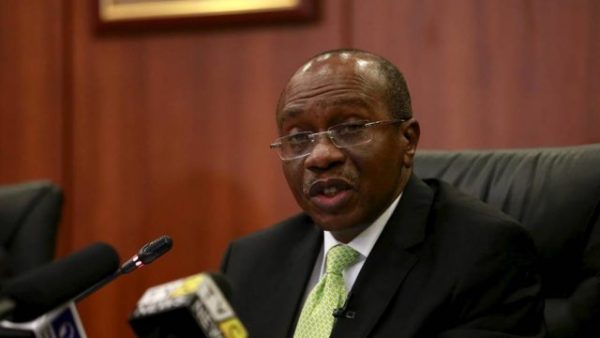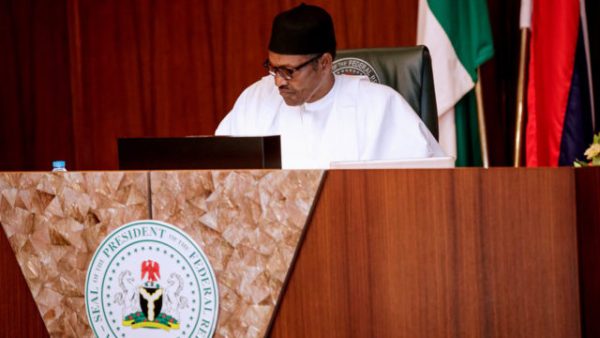CBN orders seizure of debtors’ funds across banks

The Central Bank of Nigeria (CBN), through a Global Standing Instruction (GSI) issued yesterday, has ordered the seizure of loan defaulters’ funds across the banking sector.
The GSI is expected to serve as the last resort by a creditor bank, without recourse to the borrower, to recover past due obligations (principal and accrued interests, excluding penal charges) from a defaulting borrower through a direct set-off from deposits/investments held in the borrower’s qualifying bank accounts with Participating Financial Institutions (PFIs).
It is in pursuant to the powers conferred on the apex bank by Section 2 (d) of the Central Bank of Nigeria Act 2007 to promote a sound financial system in the country.
According to a circular issued by the CBN Director, Financial Policy and Regulation Department, Kevin Amugo, the GSI is targeted at facilitating an improved credit repayment system, reducing non-performing loans in the banking system and watch-list consistent loan defaulters.
A CBN report showed a marginal increase in the non-performing loans ratio in April 2020as compared to February. Also, there were modest declines in key profitability indicators including Return on Equity (ROE) and Return on Assets (ROA), but increase in industry size in May 2020 still depicts a robust banking system.
Accounts that qualify for GSI are individual savings accounts, individual current accounts, individual domiciliary accounts, investment/deposit accounts and electronic wallets, as well as joint accounts.
GSI stakeholders, as outlined in the guideline, include borrower, creditor bank, PFIs, Nigeria Inter-Bank Settlement System (NIBSS) and the CBN. The borrower is expected to execute a GSI mandate, ensure that the terms and conditions of the mandate are clearly understood before execution, and ensure that all qualifying accounts are linked to their Bank Verification Number (BVN).
In the event that a borrower’s qualifying account, which is not linked to their BVN is identified, the guideline noted that such BVN shall be watch-listed.
On the other hand, the role or responsibility of the creditor bank is to ensure that borrowers are properly educated about the GSI mandate and its implications, and enshrine same in their loan application process.
Such a bank needs to review and validate the GSI mandate instrument prior to loan disbursement, indemnify NIBSS and other PFIs from all liabilities that may arise from inappropriate use of the GSI infrastructure, and retain copies of physical or digital version of the executed GSI mandate and to provide same when required.







